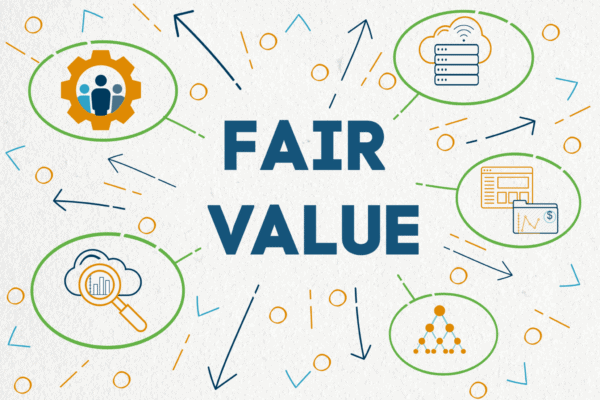GAAP
Financial reporting generally focuses on the results of continuing operations. But sometimes businesses sell (or retire) a product line, asset group or another component. In certain situations, such a disposal…
Read MoreAre you certain that your nonprofit’s financially stable enough to be operating in a year? U.S. Generally Accepted Accounting Principles (GAAP) give your nonprofit a reason to evaluate that proposition.…
Read MoreEvery financial transaction your company records generates nonfinancial data that doesn’t have a dollar value assigned to it. Though auditors may spend most of their time analyzing financial records, nonfinancial…
Read MoreThe standard for valuing certain assets and liabilities under U.S. Generally Accepted Accounting Principles (GAAP) is “fair value.” This differs from other valuation standards that may apply when valuing a…
Read MoreThere are three types of financial statements under U.S. Generally Accepted Accounting Principles (GAAP). Each one reveals different, but equally important, information about your company’s financial performance. And, together, they…
Read MoreAn independent quality of earnings (QOE) report can be a valuable tool in mergers and acquisitions. It’s important for both buyers and sellers to look beyond the quantitative information provided…
Read MorePrivate companies that follow U.S. Generally Accepted Accounting Principles (GAAP) must comply with the landmark new revenue recognition standard in 2019. Many private company CFOs and controllers report that they…
Read More







